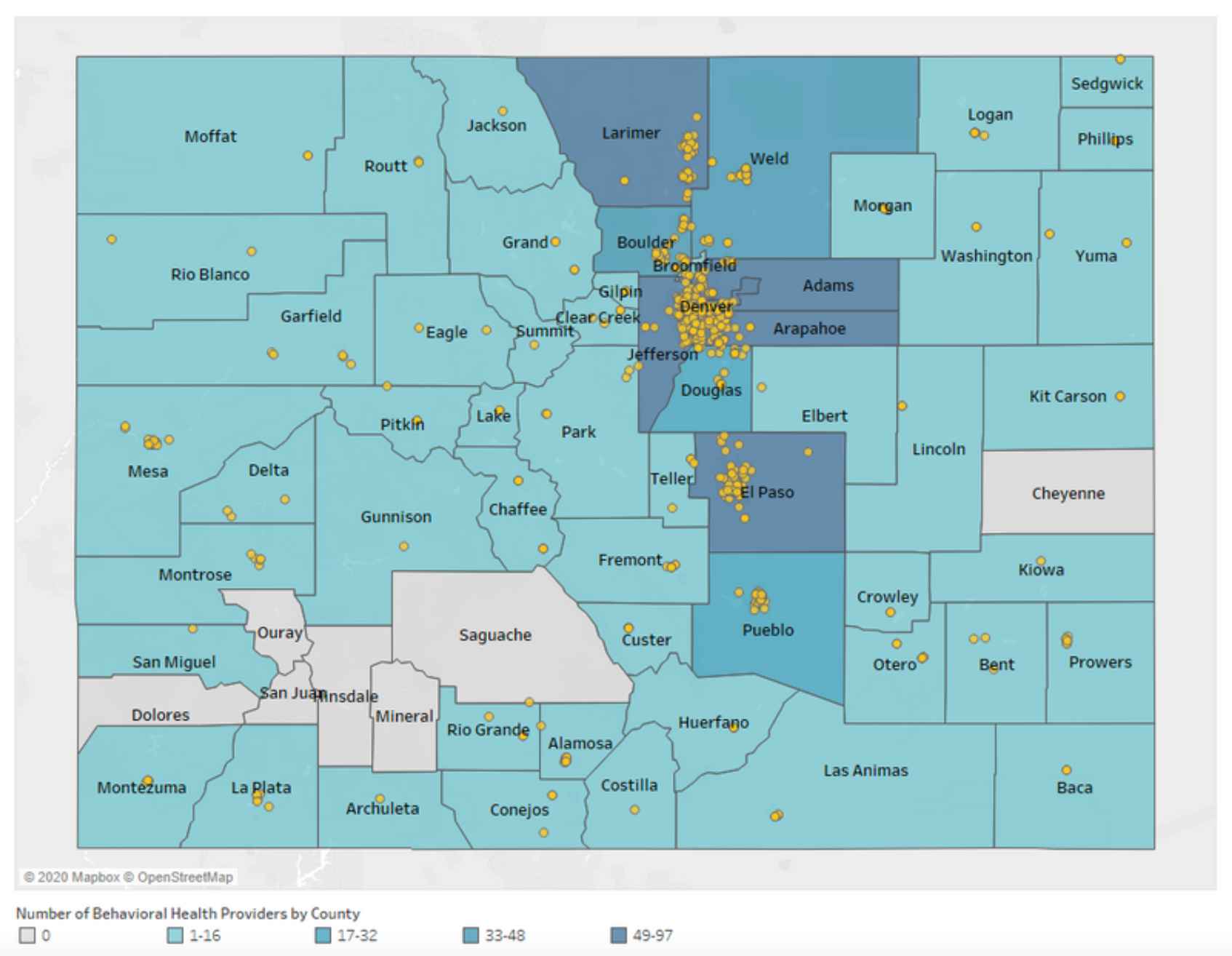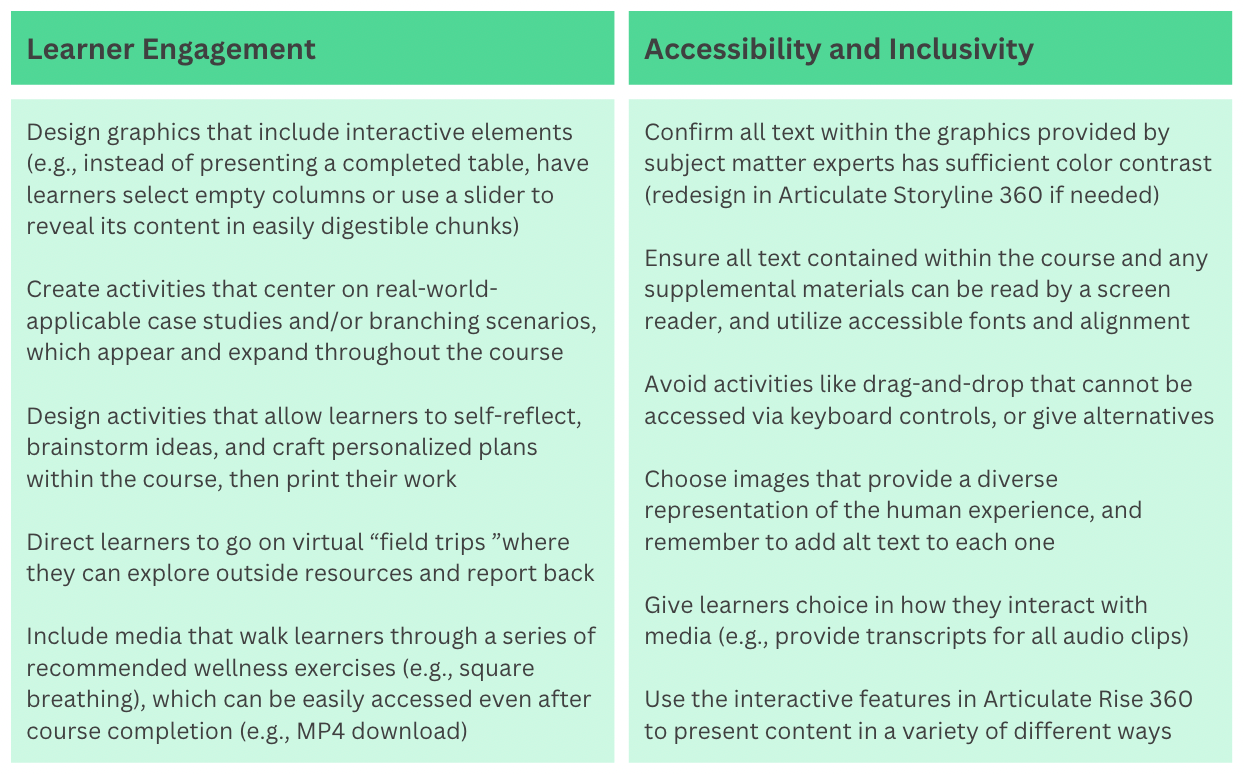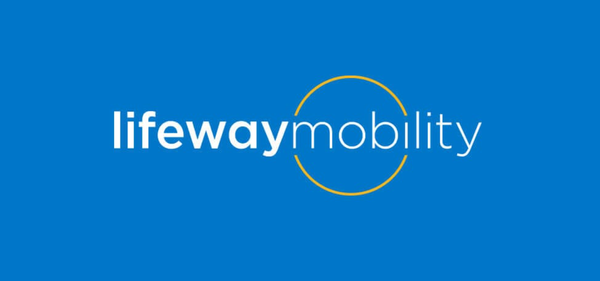Course Adaptation: An Invitation to Reimagine Learner Engagement
Setting the Stage
Entering my third semester in CU Denver's Master of Arts in Learning Design & Technology (LDT MA) program, I was excited to join the Learning Agency for my first project starting in January, 2024. Overseen by Ben Jutson, this project is in collaboration with the Department of Psychiatry within CU's School of Medicine at the Anschutz Medical Campus (CU SOM AMC), which is working closely with the Colorado Behavioral Health Administration (BHA) to develop a comprehensive series of free asynchronous online courses. These courses aim to address the learning needs of mental health professionals working throughout the state, in a variety of different geographical and clinical settings. This is in recognition that the behavioral health field is struggling to address many critical issues, which are resulting in provider burnout, turnover, and career abandonment and causing concerning disparities in mental health services across Colorado, especially in frontier and rural communities. These needs were researched extensively through the 2020 Behavioral Health Needs Assessment conducted by the Colorado Department of Human Services, Office of Behavioral Health, in partnership with Health Management Associates, Inc. The findings serve as the foundation and justification for developing a series of BHA-sponsored online courses, with the hope that they will support mental health providers in their continued education and help them feel less professionally isolated.

The Task at Hand
The specific learning solution I have been tasked with developing is a course that centers on supporting the personal health and wellness of mental health providers as they, in turn, support the needs of their clients/patients within clinical environments that are often stressful and highly demanding. Scheduled to go live to the public at the end of June, 2024, the learning experience is intended to be completed in 60-90 minutes, and the content will be derived from an existing asynchronous online program developed by Mandy Doria, LPC, NCC, RYT-200 and Leslie Choi, PMHNP-BC within the CU SOM AMC Department of Psychiatry. Entitled Past the Pandemic, this multi-part course was designed to help health care workers stay well and build stress resiliency while responding to the overwhelming pressures of the COVID-19 pandemic. In recognition of its positive impact and strong design, this program has been chosen to be condensed and reimagined as one of the Colorado BHA online courses, specifically adapted for mental health providers and the common everyday challenges they face at work. Fortunately, I have the pleasure of navigating this process under the guidance of Mandy and Leslie, the subject matter experts for this project.
This video clip created by 9News provides an excellent overview of the Past the Pandemic program and its origins and impact during the COVID-19 pandemic.
Instructional Design Challenges and Explorations
From an instructional design perspective, my greatest challenge (and greatest enjoyment) so far has come from trying to problem-solve, in collaboration with Mandy and Leslie, how I can best transfer, translate, and adapt the Past the Pandemic coursework and activities to a different learner audience and new learning platform.
While the Past the Pandemic program directed its attention to health care workers as a whole during a very specific time (i.e., the COVID-19 pandemic), the BHA course intends to speak to a more narrowed audience of mental health providers and their everyday wellness. This will require adjusting the scope, content, and tone of the course to take into consideration the particular needs, knowledge, and expertise these learners are apt to carry with them into the course. For example, given the topic, it is likely that our learners are already familiar with many of the general concepts that will be explored through our course materials and activities. Thus, if we speak to our learners as if this is all-new information, we risk unintentionally setting a tone that may feel disrespectful or dismissive to our learners. In contrast, if we frame our coursework more as a means of refreshing, expanding, and solidifying their existing understanding, it is more likely that they will be open to considering and applying the tools and strategies we recommend.
From the course development and authoring side of things, it was clear from the beginning that the structure of our content, materials, activities, and assessments would need to be altered in order to better fit the BHA's learning platform, coordinate with the other courses being developed, and align with accessibility and inclusivity best practices. The misalignment of the Past the Pandemic course format with the structural requirements for the BHA course is represented in the following table.

While this transition has certainly been a challenge, it has facilitated meaningful connection and collaboration with the stakeholders involved in the project, and it has provided many opportunities to explore a myriad of new creative, accessible, and inclusive avenues for fostering learner engagement within the course. Being new to Articulate Rise 360 and Articulate Storyline 360, the course authoring tools I will be using to build the course, I know that I still have a LOT to learn about designing an effective, engaging course within these platforms. However, my initial brainstorming and experimentation has resulted in the following ideas, which will guide my first attempts at course development and undoubtedly continue to refine and expand with time and experience.

An Invitation...
Fellow Learning Agency comrade, as you read through this blog post, did any additional tools, instructional design frameworks, strategies, etc. come to mind that you think I ought to consider? If the answer is yes, I invite you to add them to this Google Slide, as I would genuinely love to hear your insights, ideas, experiences, and recommendations. A big thank you in advance!
Now off I go down the course development rabbit hole... Wish me luck!













Member discussion